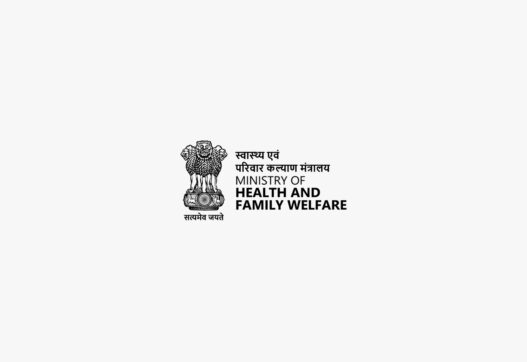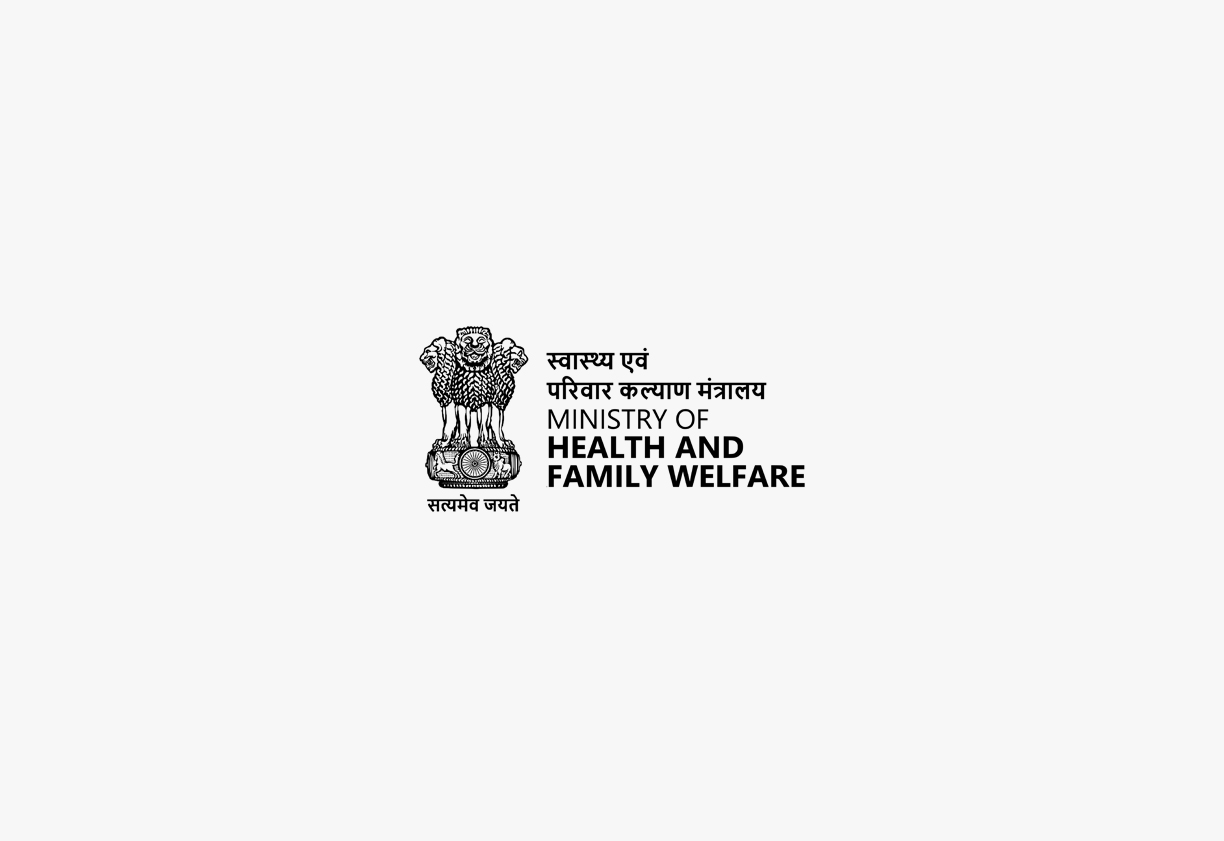Ministry of Health and Family Welfare
The Food Safety and Standards Act, 2006, consolidates various food-related laws and establishes the Food Safety and Standards Authority of India (FSSAI). This act aims to set science-based standards for food articles, regulate their manufacture, storage, distribution, sale, and import, and ensure safe and wholesome food for human consumption.
1: Act Background and Ministry Under Which This Act Is:
The Food Safety and Standards Act, 2006, was enacted to consolidate the laws relating to food and to establish the Food Safety and Standards Authority of India (FSSAI). This act aims to set science-based standards for articles of food and to regulate their manufacture, storage, distribution, sale, and import, ensuring the availability of safe and wholesome food for human consumption. The act falls under the administrative purview of the Ministry of Health and Family Welfare, which is responsible for overseeing the implementation and enforcement of food safety standards and regulations in India. The ministry plays a crucial role in safeguarding public health.
2: Enactment Date, Number of Chapters, Number of Sections:
The Food Safety and Standards Act, 2006, was enacted on 23rd August, 2006, and is known as Act No. 34 of 2006. The act is structured into twelve chapters. It comprises 101 sections, covering various aspects such as definitions, establishment of the Food Authority, general principles of food safety, general provisions for food articles, responsibilities of food business operators, enforcement mechanisms, offenses and penalties, and miscellaneous provisions. The act also includes two schedules. The act has been amended over time to reflect changing needs.
3: Act Governed By:
The Food Safety and Standards Act is governed by the Central Government, which has the power to make rules and regulations under the Act. The Food Safety and Standards Authority of India (FSSAI) is the primary regulatory body at the national level, while State Food Safety Authorities are responsible for implementation at the state level. The act is governed by the provisions outlined within it, as well as rules and regulations framed by the Central Government. It is a combination of central and state oversight.
4: On Whom It Is Applicable:
The provisions of the Food Safety and Standards Act apply to all individuals and entities involved in the food business in India. This includes manufacturers, processors, packers, wholesalers, distributors, retailers, importers, and all other stakeholders who handle food in any way. The act ensures that all food business operators adhere to the safety and quality standards outlined. The general public are indirect beneficiaries of the act’s provisions.
5: Penalties/Punishments:
The act prescribes various penalties for non-compliance and offenses:
-
Selling Unsafe Food: Selling unsafe food can lead to imprisonment and fines.
-
Sub-Standard Food: Selling sub-standard food attracts monetary penalties.
-
Misbranded Food: Selling misbranded food attracts monetary penalties.
-
Misleading Advertisements: Publishing misleading advertisements attracts monetary penalties.
-
Failure to Comply with Orders: Failure to comply with directions of Food Safety Officers can lead to penalties. The act’s emphasis is on ensuring safe and wholesome food.
6: Important Pointers:
-
Food Safety Authority of India (FSSAI): The act establishes FSSAI as the primary regulatory body.
-
Food Standards: It empowers FSSAI to set science-based standards for articles of food.
-
Licensing and Registration: It provides for the licensing and registration of food businesses.
-
Food Safety Officers: It outlines the powers and functions of Food Safety Officers.
-
Food Analysis: It provides for the recognition of food laboratories and the procedure for food analysis.
-
Offences and Penalties: It specifies various offenses and penalties for violations of the act.
-
Adjudication and Appeals: It establishes mechanisms for adjudication and appeals.
-
Rule-Making Power: It empowers the Central Government and FSSAI to make rules and regulations for carrying out the purposes of the act. The act is a comprehensive effort to regulate food safety in India.
7: Act Copy:




